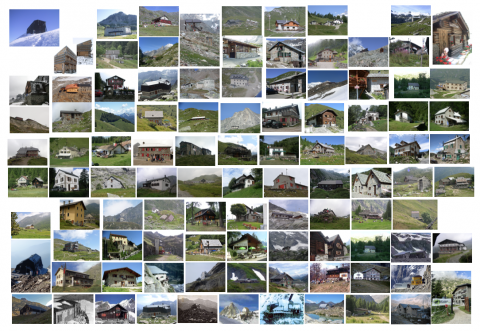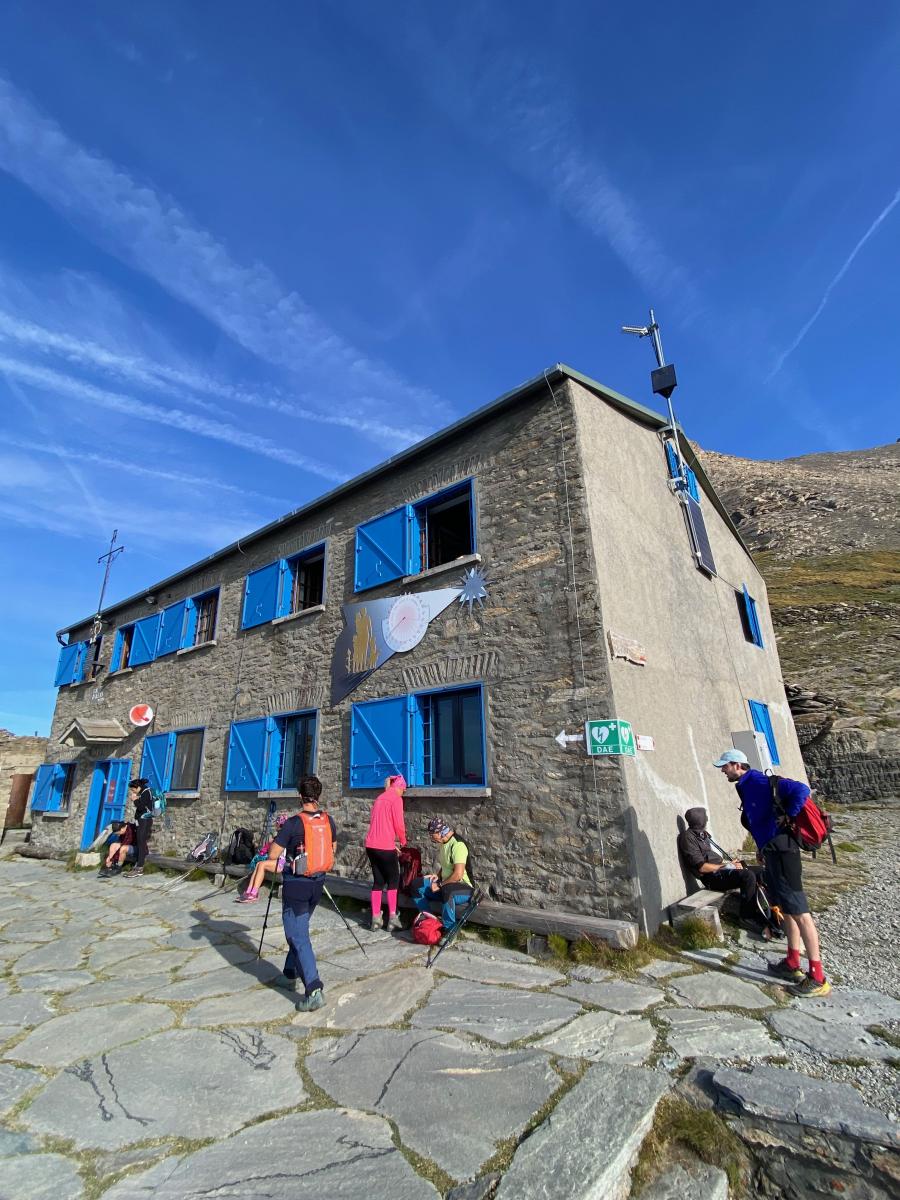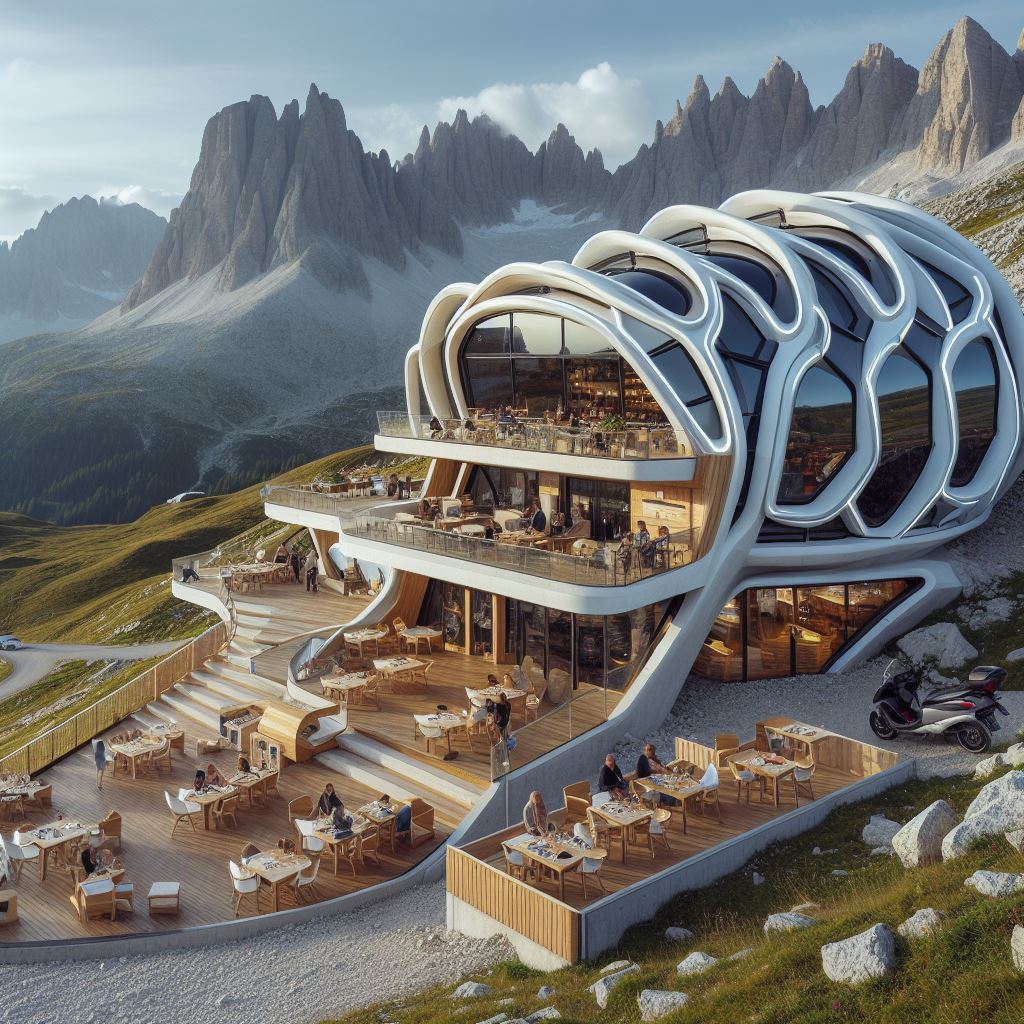Mountain Hut Tourism Observatory: An Innovative Model to Enhance Heritage and Sustainability
Submitted by rbeltram on Wed, 16/04/2025 - 16:47
The Department of Management at the University of Turin has recently secured a prestigious UNITA grant, giving rise to an ambitious project: the creation of the Mountain Hut Tourism Observatory. Rooted in more than twenty-five years of research in sustainable tourism and the enhancement of alpine huts, this initiative aims to transform the experience and expertise of Professor Riccardo Beltramo into a true laboratory of innovation and knowledge.

A Longstanding Journey of Research and Passion
Since 1997, Professor Beltramo has passionately studied mountain tourism, with a particular focus on alpine huts—authentic custodians of local traditions and environmental and cultural heritage. His research has contributed to the development of strategies that combine tourism promotion with territorial conservation. Supported by the UNITA - Universitas Montium Alliance, this experience now takes shape in the Observatory, designed to offer practical tools for the responsible and sustainable management of mountain tourism.

Alpine Huts as Centers for Environmental and Cultural Education
Mountain huts are far more than simple shelters for hikers; they serve as powerful platforms for environmental and cultural education. These sites welcome visitors of all ages and provide opportunities to engage with history, local traditions, and the natural environment. The Observatory is committed to carefully monitoring the interaction between tourism and mountain ecosystems, analyzing visitor flows and the impact of tourism-related activities, with the goal of identifying solutions that both protect and promote this unique heritage.

The Project’s Five Key Phases
The methodological approach of the Observatory, developed in collaboration with Professor Stefano Duglio, unfolds across five main phases:
-
Definition of the observation model and data collection:
Creation of an analytical framework to identify the distinctive characteristics of alpine huts and highlight their environmental and cultural value. -
Engagement of experts and stakeholders:
Continuous dialogue with tourism operators, hut managers, local authorities, and communities to define key indicators for sustainable management. -
Presentation of initial results:
Organization of international forums for the exchange of best practices and the refinement of conservation strategies. -
Application of the framework in selected huts:
Pilot implementation of the model, paired with the development of educational resources for tourists and professionals. -
Dissemination and future development:
Drafting of a strategic document to guide the Observatory’s evolution and promote long-term territorial protection and enhancement initiatives.
An International Network and the Appointment of the Scientific Lead
The project stands out for its strong international collaboration among universities from different European contexts, each contributing specialized expertise to develop an integrated vision of mountain tourism. In particular:
-
University of Turin (Italy): With Professor Stefano Duglio, a central figure in coordinating the scientific activities.
-
University of Zaragoza (Spain): Assistant Professor Roy Janoch, an expert in digitalization and tourism technologies, supports the integration of advanced analytical tools.
-
Transilvania University of Brașov (Romania): Professor Florentina (Radoi) Matei, a specialist in biodiversity and in the gastronomic and health-related values of local plants, brings an environmental and territorial perspective to the project.
This international synergy ensures a multidisciplinary and forward-looking approach, capable of addressing the complex challenges of preserving and promoting alpine huts.

Towards a New Frontier of Sustainable Tourism
The Mountain Hut Tourism Observatory is not only a research tool but also a catalyst for innovation in mountain tourism policies. Through continuous monitoring and the adoption of sustainable practices, the initiative provides a replicable model for other territories—one that successfully balances tourism development, environmental protection, and cultural enrichment.
This initiative represents a major step toward a more informed and conscious approach to tourism, where academic research translates into tangible actions for the preservation of mountain heritage. The longstanding commitment of Professor Riccardo Beltramo to the study of tourism, and his appointment of Professor Stefano Duglio as Scientific Lead, reflect the project's aim to build a meaningful bridge between innovation, tradition, and sustainability.
Looking ahead, exploring how digitalization and emerging technologies can further enhance the relationship between heritage and innovation may prove particularly valuable—promoting new models of hospitality and tourism management that are even more responsible, inclusive, and future-ready.
